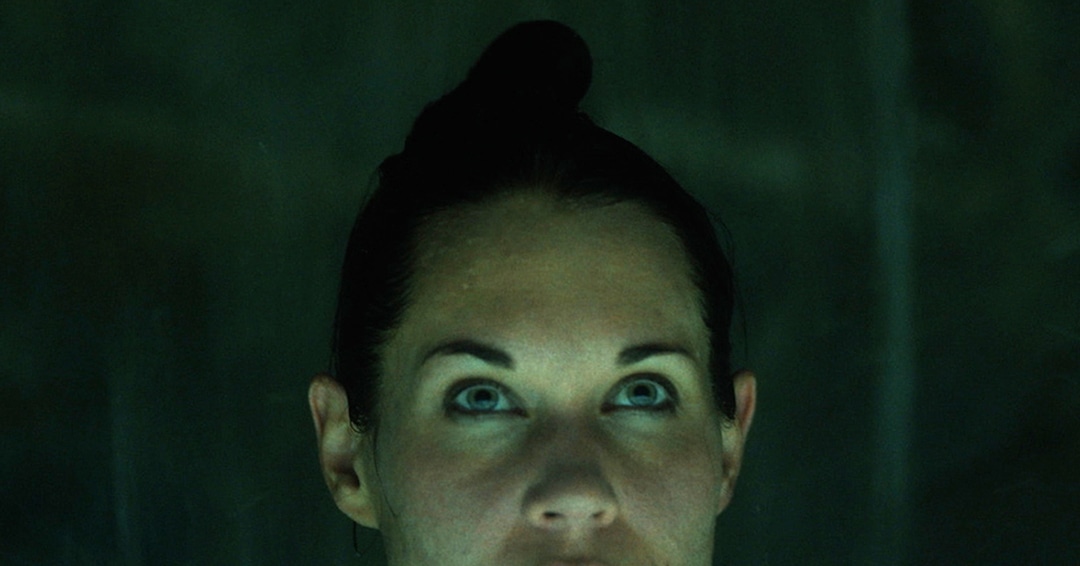Why Some Call Teal Swan Dangerous
“The people were not ready for it,” Swan says in The Deep End, referring to the critics who have described her as a “narcissist” at best and “dangerous” at worst. She calls her haters the “festering wound” in her life.
Some critics point to one of the central aspects of her practice—helping people access alleged repressed memories—as suspect in and of itself. Experts remain torn over the validity of such memories, whether they’re real or imagined, and if it works sometimes, which outcome is more prevalent?
In her video response to episode three of The Deep End, Teal said that any scene implying that their methods were causing people to have false memories was the result of manipulative editing. “I am very, very aware of the risk of false memory when it comes to memory work,” she said. “It is a module I teach when I am training my practitioners in the Completion Process.”
Planting false memories, Teal added, “is not only unethical, it’s downright dangerous and goes against everything I stand for.”
On the podcast and the docuseries, Teal and her associates also acknowledge that some of her critics have called her a “suicide catalyst” because more than one of her devotees have taken their own lives.
The Gateway brought up the May 2012 death by suicide of Leslie Wangsgaard, who along with her husband, John, sponsored Teal’s first workshop in Salt Lake City back in the late ’00s.
